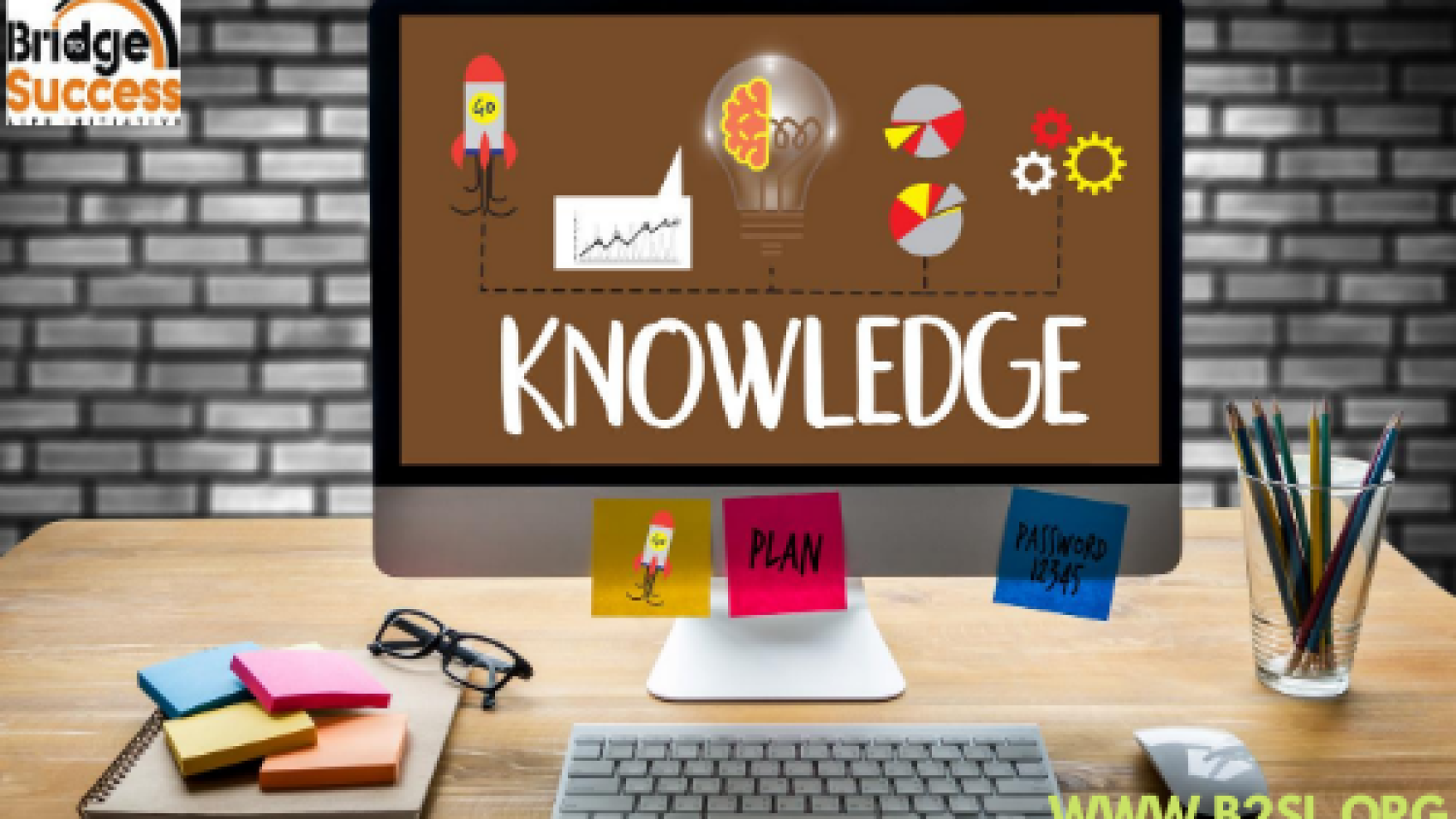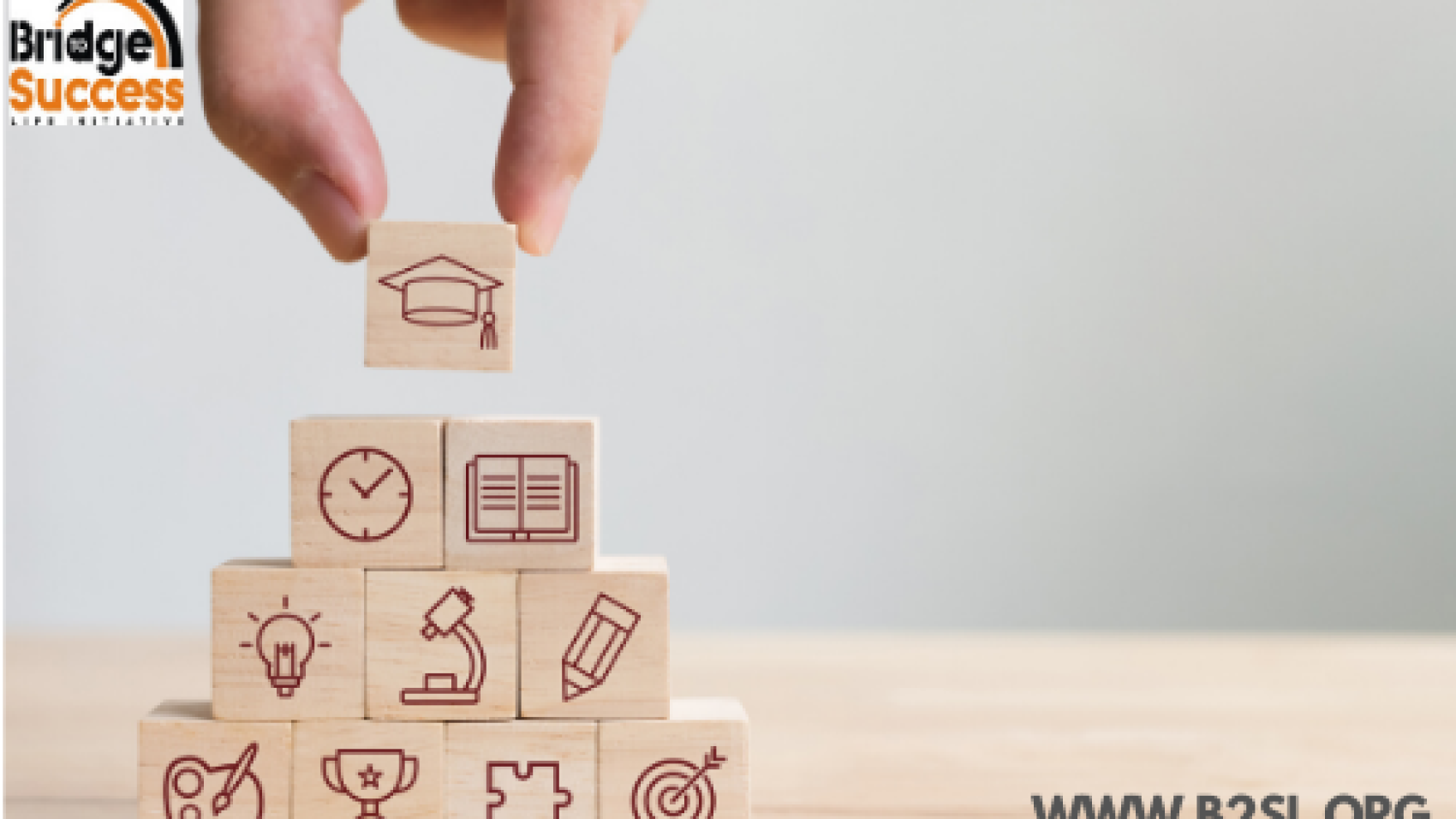 “The cure for sorrow is to learn something“- Barbara Sher.
“The cure for sorrow is to learn something“- Barbara Sher.
According to Webster’s Dictionary, knowledge is “the fact or condition of knowing something with familiarity gained through experience or association.” It is also the ability to collect, remember, and access information. Plato famously defined knowledge as justified true belief. Stop for a moment and think if you will be comfortable for a doctor who you don’t trust his knowledge of medicine to treat you! What you know certainly gives confidence!
Have you ever tried to solve a problem in Mathematics or any other subject but unable to? The problem was that you did not know! Knowledge destroys your frustration! What you don’t know is always a barrier to you. You were sent to school to acquire knowledge and experience on how to become/provide a solution to problems.
The Stone Age did not end because humanity ran out of stones, but because people became more knowledgeable due to new experiences. When you lack knowledge, life will be hard and frustrating. You need knowledge to survive.
Do you know who you are today and what you have now is equivalent to your knowledge depth? That means who you will become tomorrow is determined by what you are willing to know (learn) today. The process of acquiring knowledge is known as learning, and that is the business of every student. You learn both within and out of the four walls of a classroom.
As you continue to face your academic challenges and real-life situations, what guarantees your survival is the wealth of knowledge you have acquired on how you will move out of it, as a result of observations, contact with events and information (awareness).
Do you know that the grade you get from school is proof of your knowledge of the subject? That is because you were able to receive, store, recall information, and, most importantly, apply it when/where necessary to solve the examination problems set before you? Knowledge is both the ability to receive, retain, recall, and use information acquired over time to provide solutions to problems.
I encourage you always to embrace knowledge, and you will be a happier person.
I will be expecting your feedback or questions in the comments section.
About the Author
Henry Ibrahim Kwatadem is the Content Creator at B2SL. He loves working with young people to help them discover their purpose in life. You can reach him on ibrahim@b2sl.org.[/vc_column_text][/vc_column][vc_column width=”1/3″][/vc_column][/vc_row]




 “Whether you think you can,
“Whether you think you can, 



